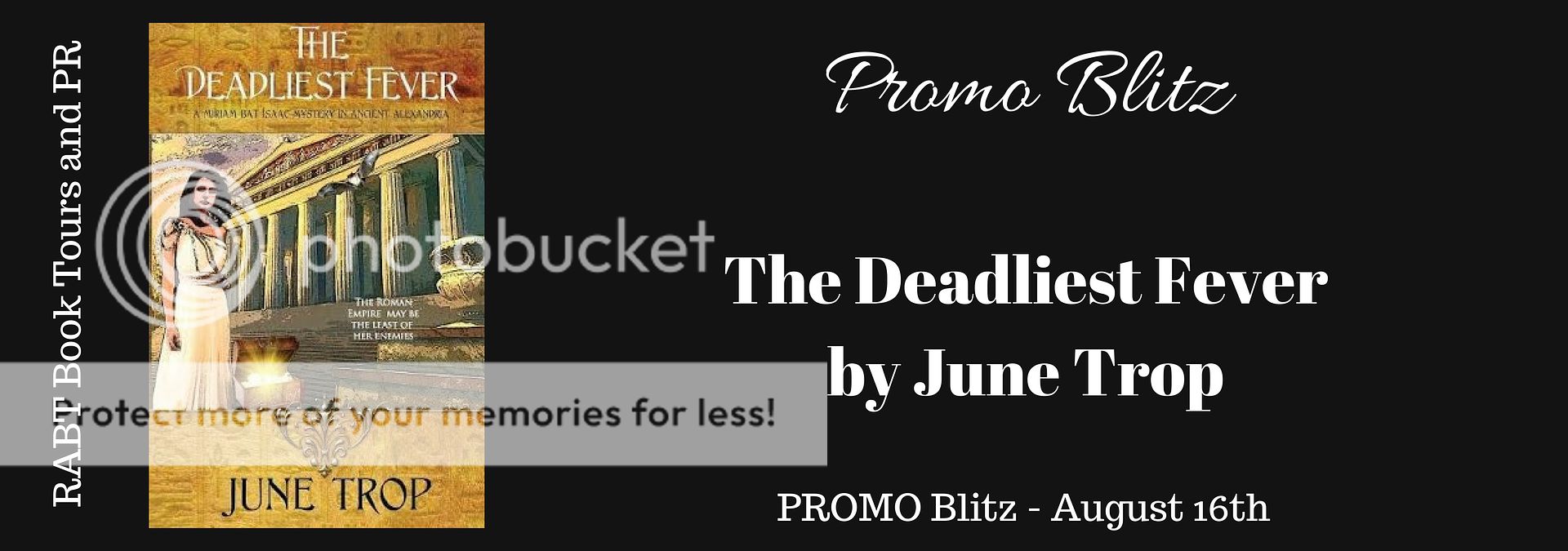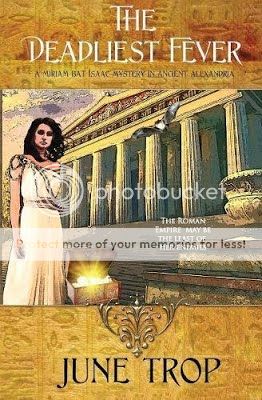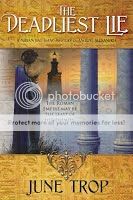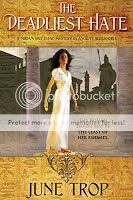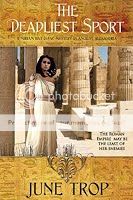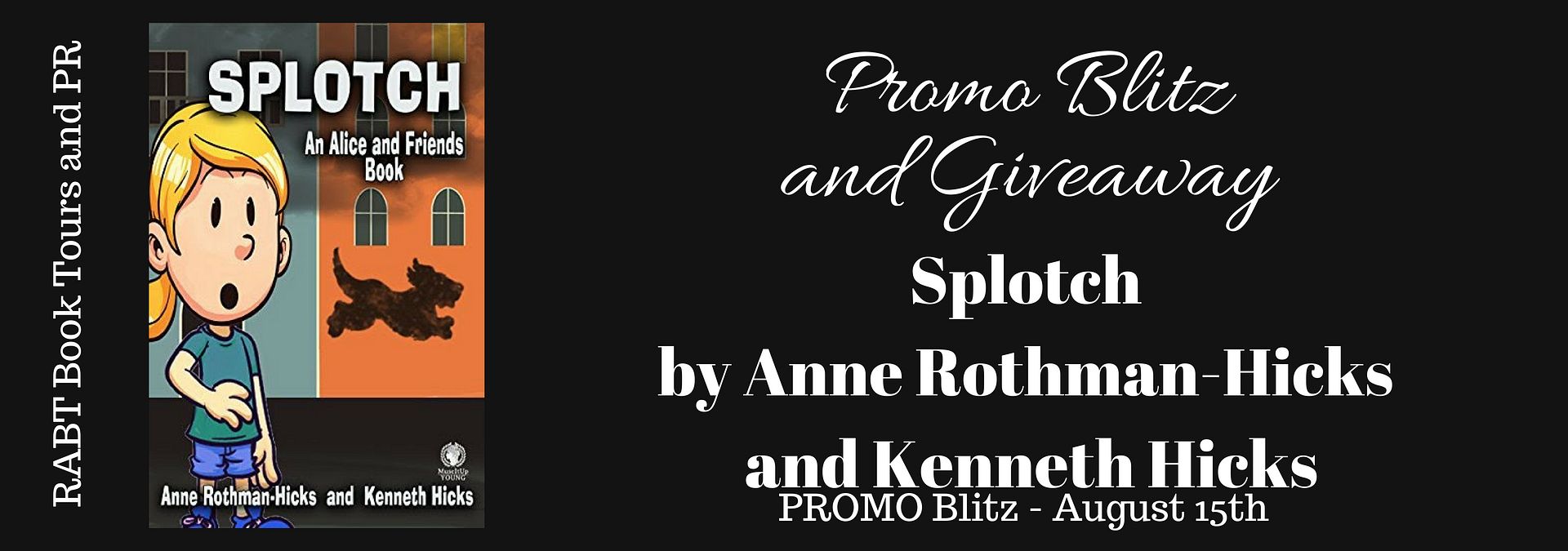
Would you modify your daughter’s DNA to end war forever?
In the near future, a World Oil War leaves the Midwest in ruins, except for pristine GMO crops controlled by a monopoly, Ambrosia, and the Army, which savagely protects the crops from starving war survivors.
A genetic engineer, Rachel Anne Lane hates violence and war, and has protected her unusual 16-year-old daughter, Alexis, since birth. If Rachel modifies Alexis’s special DNA, she can end all wars forever.
But Alexis rebels against her mother, traveling to the desolate Midwest to help survivors. Her healing gaze cures Jeff Trotter, a PTSD-afflicted soldier who’s searching for his father, Dan Trotter. Alexis and Jeff fall in love, though he dislikes her reading his mind, fearing she will discover secrets.
Desperate for more oil, the Army will kill millions of Americans with lethal GMO foods Rachel mistakenly developed. They’ll use Jabril El Fahd, the worst kind of brutal, mutated terrorist, who wants revenge against Rachel for his years of torture.
Helped by CIA and Army friends, and computer geek, Dan Trotter, Rachel chases Jabril across a post-apocalyptic U.S., desperate to save Alexis, Jeff, and the U.S. But Jabril is always one step ahead.
Jeff trudged along the highway, now a barren strip of cracked cement, reminding him of a book he’d read. Before. Before the world had changed. The book had a dad and a son and they pushed a shopping cart over the bleak, empty road. Jeff wasn’t a little kid, though. He wasn’t sure, but probably close to twenty. He had a pack instead of a shopping cart, a gun and an axe handle. Did he have a dad? Of course he did. But who and where?
Not here. He hadn’t seen a soul. Today. Though it was early May, he was thankful the parching Texas sun that had spotlighted him all day was fading. Twilight was near. Woods lined the road now instead of horse meadows, and mesquite trees being the only cover. He didn’t feel like a solitary ant on a sand hill. The woods held cover. That was good. And bad. Others could use that cover, too. He eyed the woods. They were probably waiting.
It had been four years since his first attempt at making this trip. Four years of not knowing who he was, why he was here, why he wanted to go north. Four years of living in cardboard boxes in the ruined city of Dallas, or north of the city, out in the bush, a haze of headaches, running, hiding. Survival mode.
The headaches usually bored deep in the middle of his brain and jumbled his thoughts. But lately they had been getting better. His thinking was more clear. He was ready. This time he would get there.
He did another one-eighty check, walking backwards then forward again. The spring-green of the trees beside the road reminded him of another place, but where? A doe and fawn grazed on shin-high grass to his right in the ten yards of clearing between the trees and the crumbling, gray-black highway. Violet-colored flowers bloomed in the clearing, thick. For the last few miles, and as far as he could see ahead, the trees grew close to each other and undergrowth stuffed any empty space so it seemed like a violet carpet ended at a wall of green.
His gun, an M4 MWS, Modular Weapon System, hung like a satchel on his right hip; the nylon web belt crossed over his left shoulder and through the butt of the rifle. He’d fashioned a thin belt of Velcro scrounged from a trash bin in Dallas and looped it around his right thigh and the gun. It helped steady the gun on his hip, ready in an instant, like a gunfighter of the Old West. The gun rattled as he walked.
The doe lifted her head at the rattle. He put his hand on the gun, trying to muffle it. Both deer bounded away like stones skipped on a river—jump, jump, jump, then into the green on the last skip. Gone. Had the deer actually been there? Another tickle of a distant place smoked through his mind. The vapor of memory disappeared as quickly and completely as the deer.
His camouflaged fatigues were torn on the right knee, threadbare on the other, but at least there had been enough clothes in the pack to last. Lucky to find underwear, though. Dallas had many abandoned Walmarts. The one off Arapahoe near the Tollway had been perfect. He’d slept under some trees in a country club golf course on dead grass, but not bumpy. In the morning, it had taken only five minutes to get to the vacant Walmart. There were a couple of new packages of Hanes, size 34-36, tighty-whities, six per pack in a shopping cart, sitting behind the counter at the sporting goods department. No other clothes there fit him, although he liked his military garb. He felt a little safer in it.
What he’d really wanted was ammo for his gun, or a knife. But all the ammo in every store was gone. And all the knives. Oh well. At least he’d have clean underwear on if he got into a car accident. Yeah right. Hadn’t seen a car in forever.
The gun weight on his right hip felt good, open for the world to see and fear. The M4 MWS was a great gun, had attachments for the M203 grenade launcher, rail and night vision system, all kept in the pack on his back. It was a great threat. Bad thing, though: He didn’t have one damn bullet or one damn grenade. A fake.
Was that all he was, a fake man walking on an unknown road to a place he couldn’t remember? Was he a man? Inside he knew, felt it deep. It ran through him like dirty water through a broken house in a hurricane. Though he still had boy feelings and boy thoughts, he knew. The memories robbed him of sleep in the early morning: the pounding of his M50, chopping through trees in that Louisiana bayou, and the black man falling from one tree, limp and dead; an Army poker buddy burning and screaming and flailing like a torched scarecrow after an IED hit his Humvee; a man firing an RPG, the smoke trail an arrow at his Humvee. Jumping. The explosion. Darkness. Yeah, he was a real man. If only the path had been different.
He shook his head and gripped the axe handle. Real, hard, nothing false about it: a fairly nice club—absent its axe head, though still good hickory stock—heavy, hard and easy to swing. Blood stained the end he’d had to use yesterday on dogs, feral, crazy mutts that attacked him. He squeezed his eyes, pinched his face. The one he’d . . . Shit! She’d looked like his Lab back home.
There it was again—a memory about home instead of that stupid war. Seemed like when he got upset, memories popped into his head: bubbles floating up from a shifting sunken ship, breaching the surface, sometimes floating on the water reflecting the entire memory in a convex iridescence, but usually a mere glimpse before the bubble snapped into thin air. This time, the friendly panting face and happy brown eyes stared at him from over the top of a bed, his bed, his Lab, blond and her name was . . . ?
He sighed. Maybe another time. But she’d never bit him like that one yesterday. Right in the wrist. The puncture was beginning to fester, red and tender. Guess washing it out last night hadn’t helped. It had been his last two cups of water, too. He’d caught the water in a pan after running it over the bite. Had to conserve water for drinking. But even after boiling it, at the first swallow, thinking about the blood in it, he’d gagged and flung it in the bush.
Now his tongue was tacky on the roof of his mouth, his lips as dry and hard as a lizard’s tail, and the headache that had been doing so well was back. It had started in little fits, a nagging ache behind his right eye in the evening. Each morning the lack of it had given him hope. But yesterday as he’d walked and the day grew longer, the ache became a pounding that made him nauseous. It had been there this morning behind his right eye, and now his right eye teared trying to drown that evil gnome that surely lived inside his head, drilling behind his eye.
Water. Please. A stream or lake like the one he’d seen two days ago would be great.
There was nothing except dry road and the wall of trees and bush.
Survival methods came back: digging a hole in low ground, waiting for water to seep in the bottom (he didn’t want to wait); collecting dew on the grass (maybe in the morning); cutting a thick vine and sucking the end (no ropy vines as far as he could see, only trees and bushes).
He knew one thing, if he stayed on the highway, he stuck out like the lonely survivor he was: lonely, thirsty, without real protection, and soon to have an infected arm.
In the smudged twilight, the service station about a mile up the road was a beacon. Lights were on inside. That could be good, or bad—likely bad. He’d run across two guys, a woman and a preadolescent boy on the highway a few days ago. His first instinct had been to talk with them, join and help. Then he saw their eyes, soulless pools that followed him like a big cat eyeing a wounded zebra on the African savanna. The kid was the worst. He smiled brown crags of teeth and waved a filthy hand sporting long fingernails. Jeff ran—the other way. He could still run fast. Faster than them, that’s all that mattered.
There it was again. He had run before, and knew he was fast.
Somehow he was already off the highway, starting toward the green wall. He agreed with his legs. What he had to do was approach the service station from the rear. Or maybe from the side, so he could see the rear and the front. Whether they were good or bad folk, they would likely have both front and back covered. No matter how he approached, the highway at night was a bad idea. Though entering the deciduous forest made his skin crawl.
He shrugged off the thought of being tracked by someone or something behind the wall of trees, and broke into waist-high bushes that impeded every step. He waded forward for twenty feet and broke through to an old, two-track maintenance trail. It paralleled the highway. Surprisingly, he could see pretty well in the low light, so he shifted to a jog. If he didn’t get to the station before the end of light, he’d be a blind, easy target. Each step seemed to whip the evil gnome behind his right eye to drill deeper. He half-closed the eye. The musty odor of dead leaves and a faint skunk smell accompanied the beginnings of cool night air. That could be lucky: A skunk might keep predators away.
Trying to bring his concrete tongue out to moisten his cracked lips was no use. He gripped the axe handle at port arms. It could do some damage. A knife or a bullet would be better. Just one bullet. If they were good people in the station maybe they would give him a bullet. He would plead for two, and some antibiotics. How could all the people left be bad? There had to be some good people.
He slowed to make less noise. The clear space of the two-track allowed him to see a good distance ahead, though it felt like he was in a tunnel between trees and bushes on either side. About twenty yards ahead, a faint glow broke through from the left. It must be from the service station. Would there be traps set? Maybe even on this path? He inspected the ground. No signs of recent travel, though the dim light made it hard to tell. He forced his way through the bushes on his right, deciding to get deeper in the forest and watch his target.
A prickle ran up his neck when he entered the thicker forest. This was dark, wild country, and had been without the constant noise of nearby traffic for four years. That’s as far back as he had been awake enough to sort out this world. The only moving vehicles stuck to the wide freeways. He had specifically stayed away from them. A warning from his cardboard city pals. At least you could outrun people on foot. Out here there were no cars. So whatever animals had lived here once, had probably ventured back—he caught himself. That was another memory: cars and trucks on a highway close to where he’d grown up. How long since he’d been there?
His eyes grew more accustomed to the growing darkness. The brown vertical tree trunks alternated with black void. Leaves of a low-lying, unknown foliage floated in space—ghostly apple-green petals. He stopped and listened.
A faint breeze brought the night, ticked a few branches, rustled leaves. The smell of skunk was fading. Time to move forward.
Each step sounded too loud, crunching like an elephant dancing through crushed glass on tile. Maybe he should go back to the two-track. At least he would make less noise.
That’s what he did, and sighed in relief at his quiet steps. Then he thought about traps. Could be anywhere. He used his club like a blind man’s cane, touching the path ahead tentatively. Two taps with the club, one step. It took longer to cover the distance, but soon the back of the service station was visible through the web of foliage.
The back door, very solid, was closed. Fluorescent white light vibrated out of the window above it. A neon Kentucky Fried Chicken sign flickered on and off in reds and yellows atop the relatively modern building, probably tan-colored brick, judging from the scant illumination on the back walls.
Someone might be hiding on the far side of the building. He had to move a little further forward on the two-track to see the far side. A tap with his club, a step, a tap with his club—it touched a hard thing.
Bright lights flashed from the top of the building, blinding him. Netting erupted from the ground under him, surrounding him and closing high overhead. The netting rippled and settled and hung, a loose wall a foot around him. Still standing, he swung hard at the net with his club. It bounced back. A knife would sure be handy. Yeah, so would real bullets for whoever was coming next. Now he knew what a rabbit felt like in one of his traps, right before the end.
About the Author

Milt Mays was winner of the Paul Gillette Writers Award in 2011. He grew up in Colorado, graduated from the Naval Academy and traveled the world as a Navy doctor. Two prequel novels are: The Next Day and Dan’s War. His website is www.miltmays.com.













